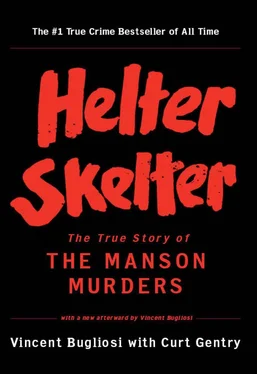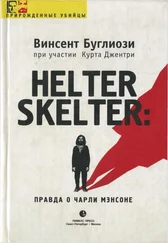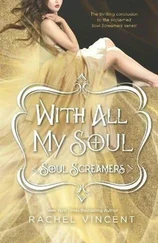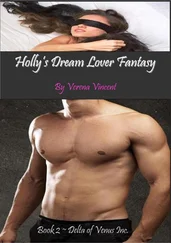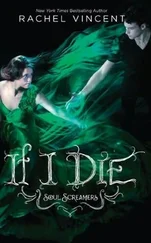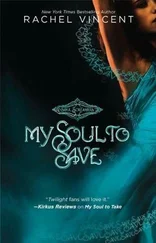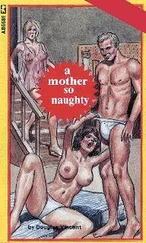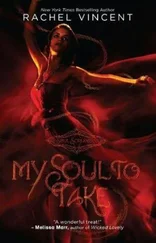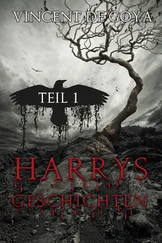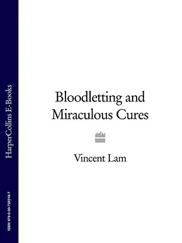Although I was attempting to exonerate Leslie of any complicity in the Gary Hinman murder, I did the opposite when it came to the murder of Rosemary LaBianca. By the time I’d finished my cross-examination on this, Leslie had admitted that Rosemary might still have been alive when she stabbed her; and that she not only stabbed her in the buttocks and possibly the neck, but “I could have done a couple on the back.” (As I’d later remind the jury, many of the back wounds were not post-mortem, while one, which severed Rosemary LaBianca’s spine, would have been in and of itself fatal.)
As with Sadie and Katie, I emphasized the improbabilities in her copycat tale. For example, though she had testified that she was “hopelessly in love” with Bobby Beausoleil, and became aware that these murders had been committed in an attempt to free him, I brought out that she hadn’t even offered to testify in either of his trials, when her story, had it been true, could have resulted in his release.
At this point I decided to go on a fishing expedition. Though I had no definite knowledge that this was so, I strongly suspected that Leslie had told her first attorney, Marvin Part, the true story of these murders. I did know that Part had recorded her story and, though I never heard the tape, I recalled Part almost begging the judge to listen to it.
BUGLIOSI“Isn’t it true, Leslie, that before the trial started you told someone that Charles Manson ordered these murders?”
A.“I had a court-appointed attorney, Marvin Part, who was insistent on the fact that I was—”
Keith interrupted her, objecting that we were getting into the area of privileged communications. I noted to Judge Older that Leslie herself had mentioned Part by name and that she had the right to waive the privilege. Kanarek also objected, well aware of what I was hoping to bring out.
VAN HOUTEN“Mr. Kanarek, will you shut up so I can answer his question?…I had a court-appointed attorney by the name of Marvin Part. He had a lot of different thoughts, which were all his own, on how to get me off. He said he was going to make some tape recordings, and he told me the gist of what he wanted me to say. And I said it.”
Q.“What did you tell Mr. Part?”
A.“I don’t remember. It was a long time ago.”
I asked her if she told Part that Manson had ordered these murders.
A.“Sure I told him that.”
Did she tell Part that Manson was along the second night, and that when they stopped on Waverly Drive, Manson got out and entered the LaBianca house?
After a number of evasive replies, Leslie angrily answered: “Sure I told him that!”
THE COURT“We will take our recess at this time—”
VAN HOUTEN“Mr. Bugliosi, you are an evil man!”
Each of the Family witnesses denied that Manson hated blacks. But in the light of what I’d recently learned, several put it in a very curious way. When Fitzgerald asked Squeaky: “Did he love the black man or did he hate him?” she had replied: “He loved them. He is his father—the black man is Charlie’s father.” Gypsy had testified: “First of all, Charlie spent nearly all of his life in jail. So he got to know the black people very, very well. In fact, I mean, they were like his father, you know.” Leslie had said something very similar, adding: “If Charlie hated black people he would hate himself.”
During a recess I asked Manson, “Charlie, was your father black?”
“ What? ” He seemed startled by the question, yet whether because it was such a crazy idea or because I’d found out something he didn’t want known I couldn’t tell. There was nothing evasive about his eventual response, however; he emphatically denied it.
He seemed to be telling the truth. Yet I wondered. I still do.
The next witness was no stranger to the stand. Brought back from New Hampshire at the request of Irving Kanarek, Linda Kasabian was again sworn. Fitzgerald, Keith, and Shinn had opposed calling her; Kanarek should have listened to their advice, as Linda again came over so well that I didn’t even cross-examine her. None of her previous testimony was shaken in the slightest.
Linda, her husband, and their two children were living together on a small farm in New Hampshire. The footloose Bob Kasabian had turned out to be a pillar of strength, and I was pleased to hear that their marriage now seemed to be working.
Ruth Ann Moorehouse, aka Ouisch, age twenty, who’d once told Danny DeCarlo she couldn’t wait to get her first pig, repeated the now familiar refrain: “Charlie was no leader.” But “the rattlesnakes liked him, he could play with them” and “he could change old men into young men.”
Adding a few more fictional touches to the copycat motive, Ouisch claimed that Bobby Beausoleil was the father of Linda Kasabian’s second child.
I asked her: “You would do anything to help Charles Manson and these three female defendants, wouldn’t you, Ouisch?”
When she evaded a direct reply, I asked: “You would even murder for them, wouldn’t you?”
A.“I could not take a life.”
Q.“All right, let’s talk about that, Ouisch. Do you know a girl by the name of Barbara Hoyt?”
On the advice of her attorney, Ouisch refused to answer any questions about the Hoyt murder attempt. By law, when a witness refuses to be cross-examined, that witness’s entire testimony can be stricken. This was done in Ouisch’s case.
Easily the weirdest of all the witnesses was Steve Grogan, aka Clem, age nineteen. He spoke of the “engrams” on his brain; answered questions about his father by talking about his mother; and claimed that the real leader of the Family was not Manson but Pooh Bear, Mary Brunner’s child by Manson.
Kanarek complained, at the bench, that Older was smiling at Grogan’s replies. Older responded: “I find nothing whatsoever funny about this witness, I can assure you…Why you would want to call him is beyond my comprehension, but that is up to you…No jury will ever believe this witness, I promise you that.”
The youth who beheaded Shorty Shea appeared to be a complete idiot. He grinned incessantly, made funny faces, and played with his beard even more than Manson. Yet it was more than partly role playing, as several of his very careful replies indicated.
Clem recalled accompanying Linda, Leslie, Sadie, Tex, and Katie one night in a car; he claimed that Linda had given them all LSD first; and he insisted that Manson was not along. But he was very careful not to say that this was the night of the LaBianca murders, to avoid implicating himself.
Many of his responses were almost exact quotations from Manson. For example, when I asked him, “When did you join the Family, Clem?” he replied, “When I was born of white skin.”
I also asked him, since it had been brought out on the direct examination, about his arrest in the Barker raid. What had he been charged with? I inquired.
A.“I was arrested on a breach of promise.”
Q“Breach of promise? Some girl you made a promise to, Clem, or what?”
A.“It was a promise to return a truck on a certain date.”
Q.“Oh, I get it. Sometimes that is called ‘grand theft auto,’ too, isn’t it, Clem?”
The defense called their next witness: Vincent T. Bugliosi. At the bench Fitzgerald admitted that this was an unusual situation: “On the other hand, in this case Mr. Bugliosi has been an investigator as well as a prosecutor.”
Daye Shinn questioned me about my interview with Susan Atkins and her testimony before the grand jury. Why did I feel Susan hadn’t told the grand jury the whole truth? he asked. I enumerated the reasons, noting, among other things, my belief that she had stabbed Sharon Tate.
Читать дальше
